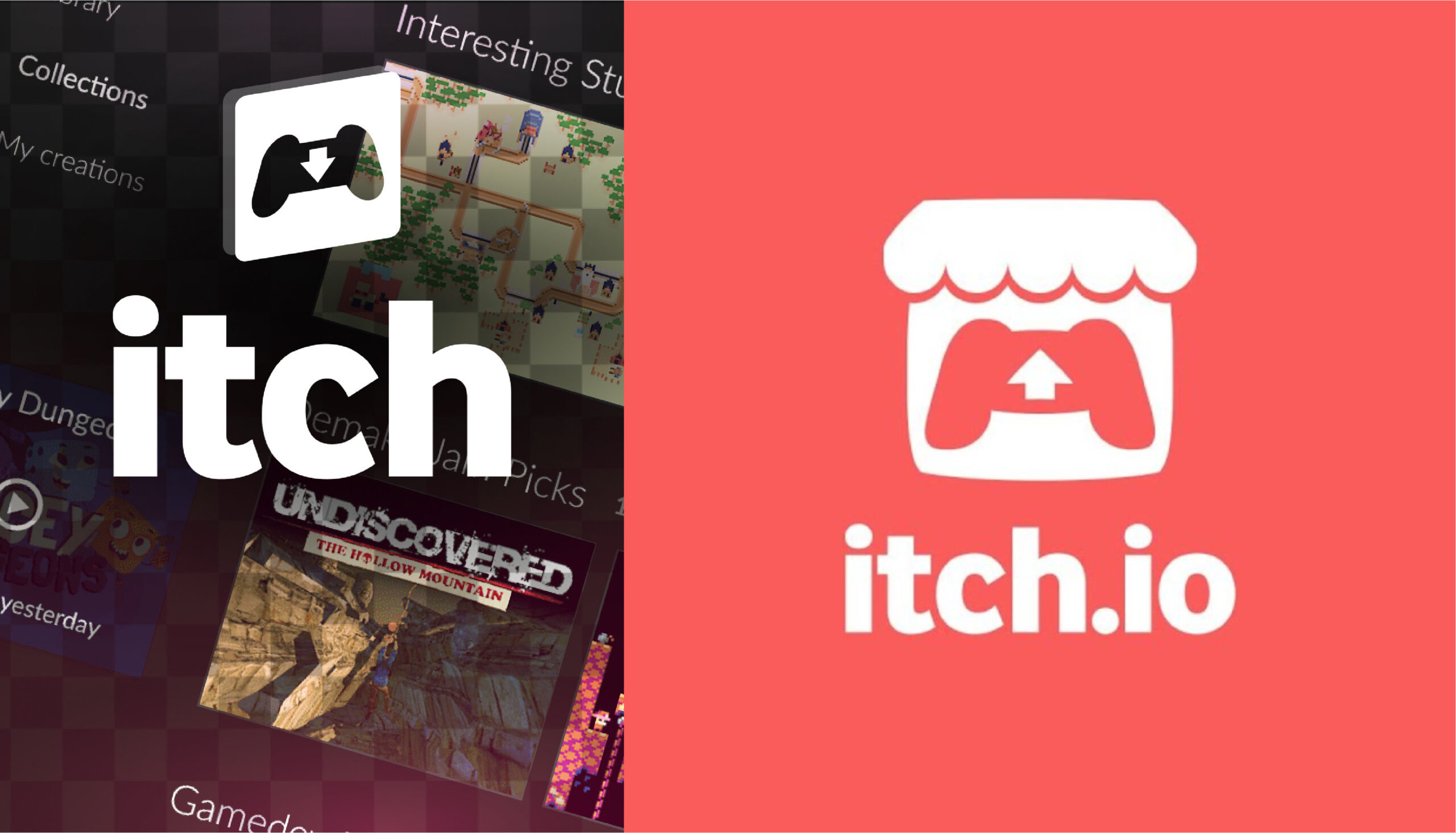Itch.io has emerged as a crucial platform in the indie gaming scene, offering a unique blend of creative freedom and community engagement that stands apart from mainstream marketplaces. This digital storefront caters specifically to indie developers, providing them with tools to sell, showcase, and distribute their games without the constraints often imposed by larger gaming platforms. In this article, we delve into the origins of Itch.io, its impact on the indie gaming community, and how it continues to influence the landscape of game development and distribution.
The Genesis and Evolution of Itch.io
Launched in 2013 by Leaf Corcoran, Itch.io began as a simple website aimed at making it easier for indie developers to share their creations with the world. Over the years, it has grown into a comprehensive ecosystem supporting game developers through every stage of the development and sales process. Unlike other platforms, Itch.io offers developers the freedom to set their own prices and control how they distribute their content, including offering games for free, setting a minimum price, or allowing customers to pay what they want. This section explores how Itch.io’s flexible business model has helped it become a beloved staple among indie developers.
Unique Features and Community Focus
One of Itch.io’s most distinguishing features is its community-oriented approach. The platform does not just sell games; it fosters a community where developers and gamers interact through game jams, forums, and direct feedback mechanisms. Itch.io also stands out for its lack of stringent curation processes, which encourages a diverse array of game submissions, from experimental art pieces to full-fledged adventure games. This part of the article examines the various community-driven initiatives Itch.io has launched, such as game jams which are competitions that challenge creators to develop games within a restricted time frame on given themes.
Impact on Indie Developers
Itch.io has had a profound impact on the indie game development scene by providing tools that remove the barriers to game publishing. Developers have access to an open marketplace where they can experiment with different types of games and business models. This section highlights success stories of indie developers who found their start on Itch.io, discussing how the platform has enabled them to thrive independently and, in many cases, move on to larger platforms or secure significant funding based on the initial success and community support they received on Itch.io.
Challenges and Opportunities
Despite its success, Itch.io faces challenges such as visibility issues amidst a vast sea of games and the ongoing debate about quality versus quantity. As the platform grows, maintaining a balance between being open and ensuring that quality games get the attention they deserve becomes increasingly complex. This section discusses the strategies Itch.io might employ to handle these challenges, including potential adjustments to its discovery algorithms and community engagement practices to better showcase standout titles.
Looking to the Future
As Itch.io continues to evolve, it holds the potential to significantly shape the future of indie gaming. This segment speculates on upcoming trends in the indie gaming market and how Itch.io might adapt to or influence these trends. Issues such as the integration of virtual reality, the increasing importance of mobile gaming, and cross-platform compatibility are considered, along with how Itch.io can leverage these developments to benefit its community of developers and gamers.
Conclusion
Itch.io is more than just a marketplace; it is a vibrant community that champions the indie spirit in gaming. By empowering developers and fostering an environment that celebrates creativity and innovation, Itch.io not only contributes to the diversification of the gaming industry but also challenges how games are distributed and consumed. As the platform continues to grow, its commitment to supporting the indie community will undoubtedly keep it at the forefront of the gaming culture, continually pushing the boundaries of what is possible in the world of independent game development.
Read more: Exploring Sukihana’s Journey: Age, Achievements, and Influence




